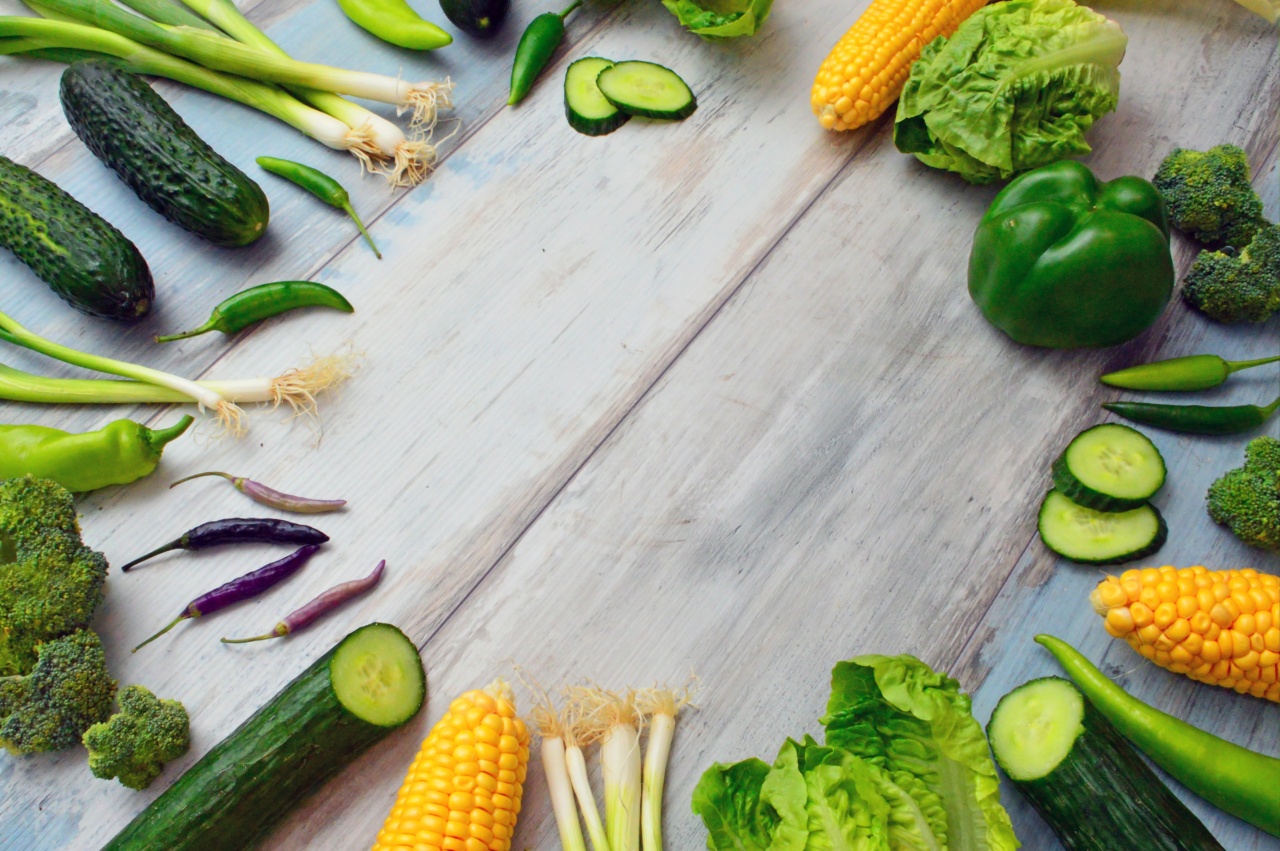Corn is a versatile and widely consumed staple food that is a major part of many diets around the world. Not only is it delicious, but it also provides numerous health benefits due to its impressive nutritional profile.
In this article, we will explore the nutritional value of corn and how it can contribute to a balanced and healthy diet.
Rich in Macronutrients
Corn is predominantly composed of carbohydrates, making it a great energy source. It is low in fat and protein, but it contains a decent amount of both compared to other cereal grains.
A cup of cooked corn provides approximately 29 grams of carbs, 5 grams of protein, and only 1 gram of fat. These macronutrients are essential for proper bodily functions.
Good Source of Dietary Fiber
Dietary fiber plays a crucial role in maintaining digestive health and preventing constipation. Corn is an excellent source of fiber, with one cup of cooked corn containing around 4 grams.
Consuming an adequate amount of fiber is also associated with a reduced risk of developing various chronic diseases, such as heart disease and type 2 diabetes.
Packed with Vitamins
Corn is rich in several important vitamins that contribute to overall health. It is a good source of vitamin B1 (thiamine), vitamin B5 (pantothenic acid), and folate.
Thiamine is essential for energy metabolism, while pantothenic acid is important for normal growth and development. Folate is particularly vital for pregnant women, as it helps prevent neural tube defects in developing fetuses.
Abundance of Minerals
When it comes to minerals, corn certainly doesn’t disappoint. It contains significant amounts of magnesium, phosphorus, and potassium.
Magnesium is crucial for bone health, while phosphorus is essential for energy production and maintaining healthy teeth and bones. Potassium, on the other hand, plays a vital role in maintaining proper heart and muscle function.
Antioxidant Properties
Corn contains various beneficial antioxidants, including carotenoids like lutein and zeaxanthin. These compounds have been shown to protect the eyes against age-related macular degeneration, a leading cause of vision loss.
Furthermore, corn also contains ferulic acid, which is an antioxidant that may have anti-inflammatory properties.
Promotes Healthy Skin
The abundance of vitamins and antioxidants in corn can contribute to healthier skin. Antioxidants help combat the damaging effects of free radicals, which can accelerate signs of aging and cause skin blemishes.
Additionally, corn is a source of vitamin C, which supports collagen production and helps maintain the elasticity and firmness of the skin.
May Aid Weight Management
Due to its high fiber content, corn can aid in weight management. Fiber helps promote feelings of fullness and reduces overall calorie intake, making it beneficial for those trying to lose or maintain weight.
Additionally, the low fat content in corn makes it a healthier choice compared to many other high-calorie snacks.
Supports Heart Health
Consuming corn can be beneficial for heart health due to its impressive nutritional profile. The presence of fiber, vitamins, and minerals in corn contributes to maintaining healthy cholesterol levels and reducing the risk of heart disease.
Furthermore, certain antioxidants in corn have been found to have potential cardioprotective effects.
Great for Digestive Health
Corn is a natural source of insoluble fiber, which adds bulk to the stool and helps prevent constipation. Regular consumption of corn can promote overall digestive health and ensure regular bowel movements.
Additionally, fiber-rich diets have been linked to a reduced risk of developing conditions such as diverticulitis and hemorrhoids.
Versatile Ingredient in Various Dishes
Corn can be enjoyed in many different ways, making it a versatile ingredient in various dishes. It can be eaten fresh off the cob, added to salads, cooked in soups and stews, or ground into cornmeal for use in baking.
This flexibility allows individuals to incorporate corn into their diet in a way that suits their preferences and cultural cuisine.






























